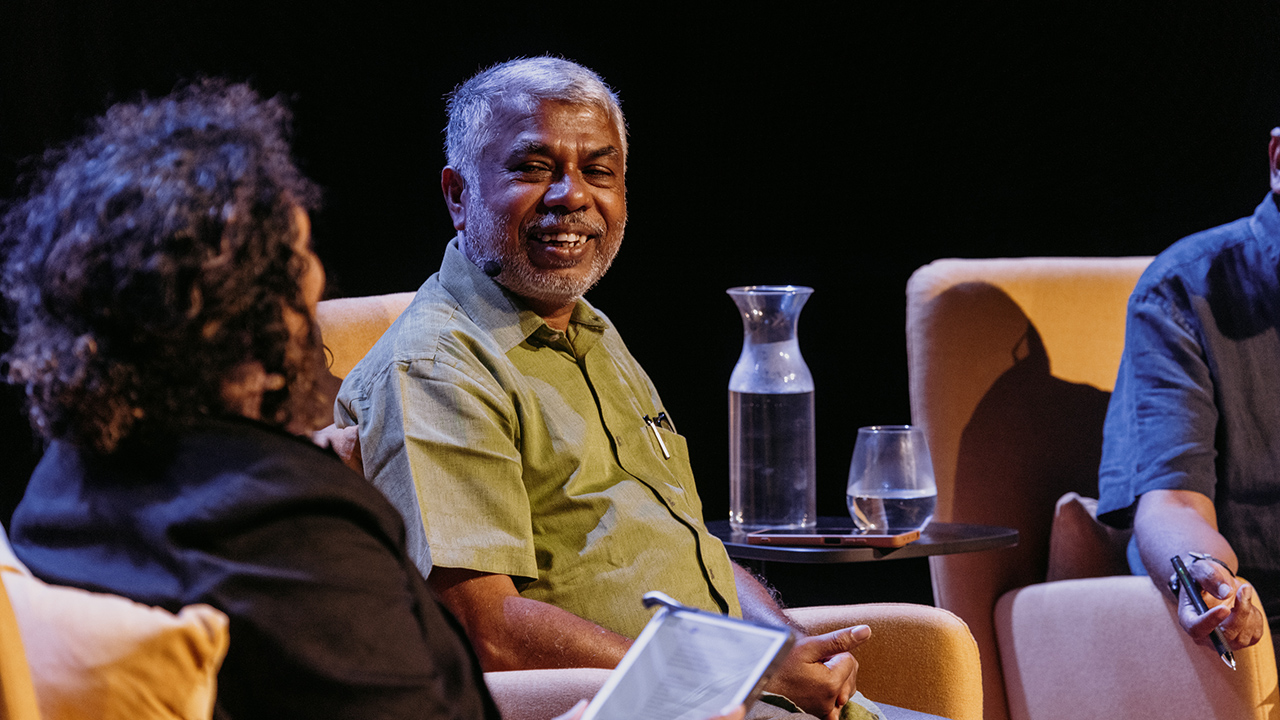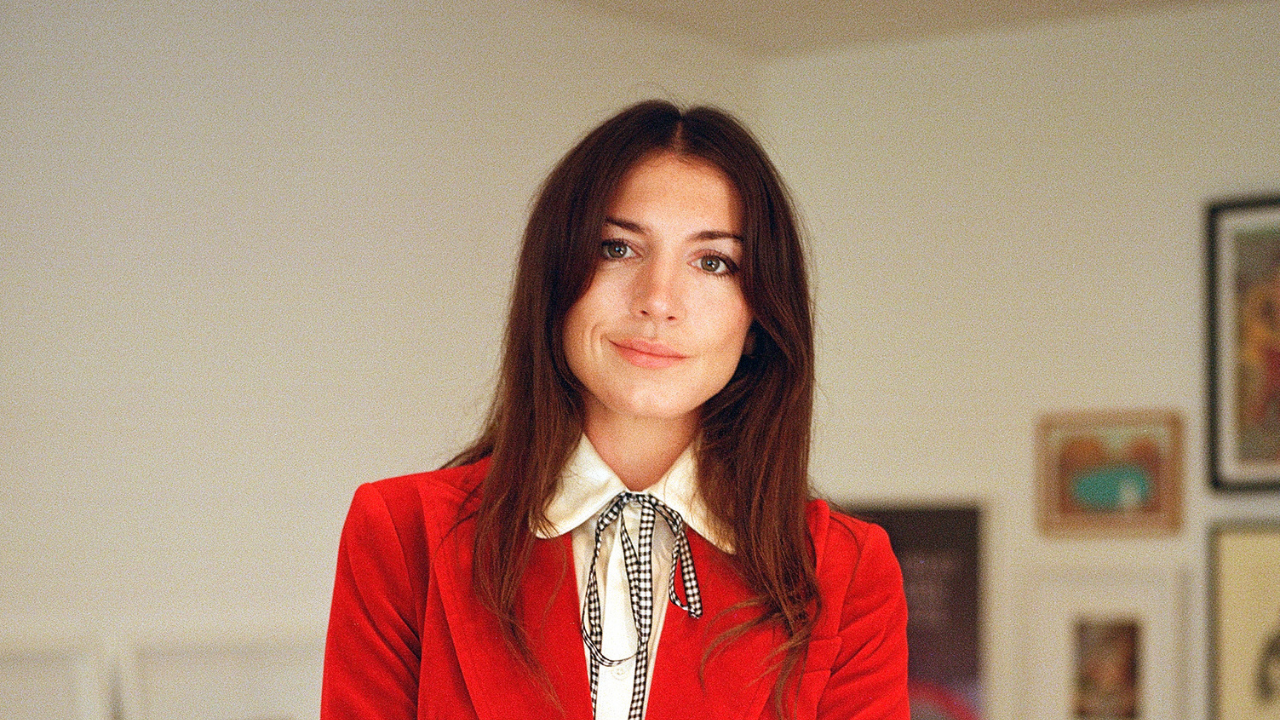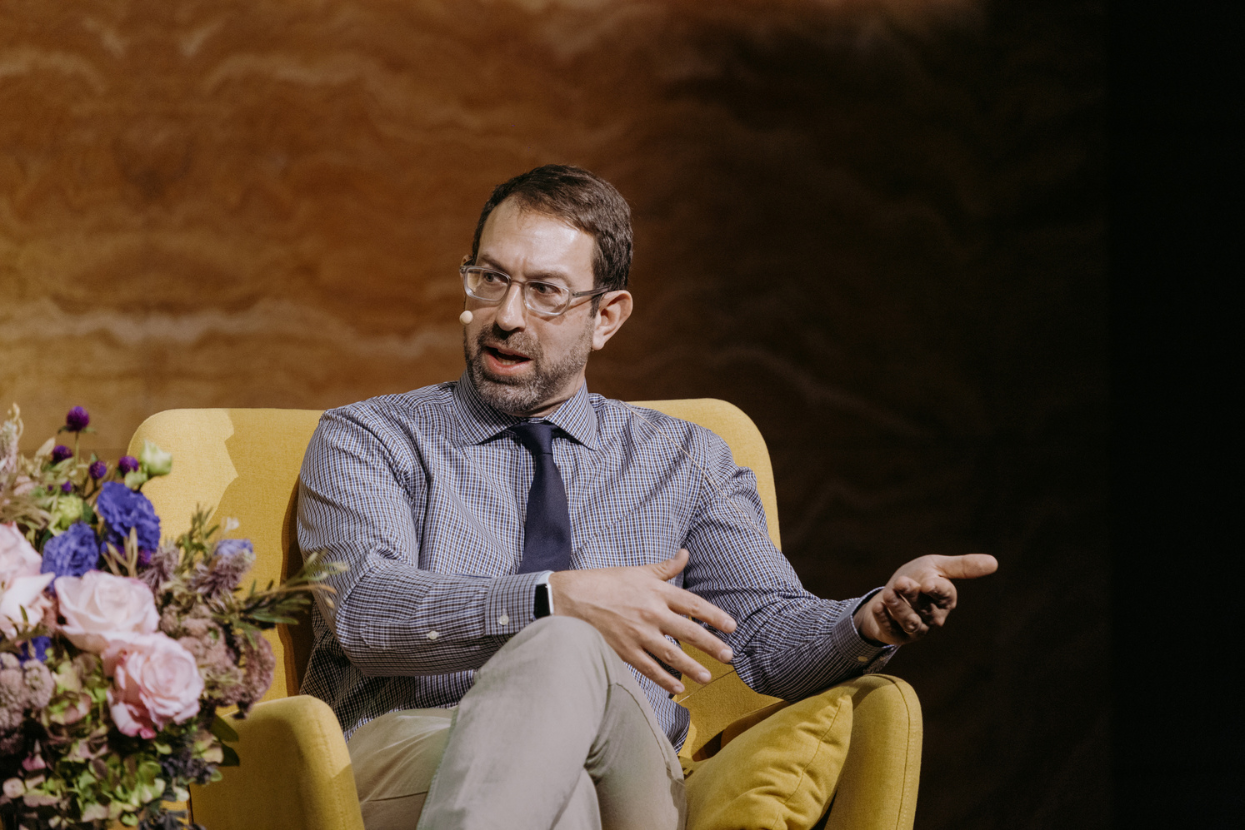What comes next? | Sciences
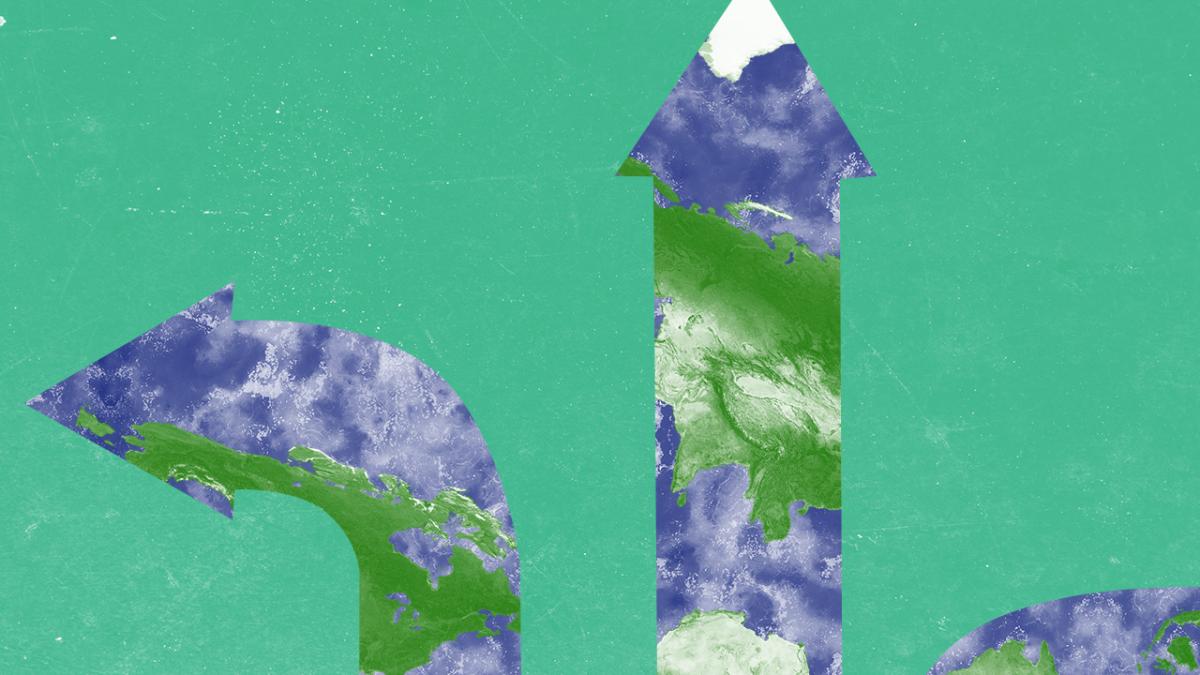
UNSOMNIA 2022
The 21st century has been plagued with one crisis after another – a global pandemic, climate catastrophes, economic turmoil and senseless violence. So how do we equip ourselves for what’s around the corner?
To forge our path through this uncertainty, hear from five UNSW Sydney thinkers who are discovering the benefits of fighting fungal infections, the secrets of solar energy, the potential healing powers of magic mushrooms in mental health, and how X-ray vision might help us transition to a renewable economy.
Could ‘magic’ mushrooms become medical mushrooms? | Adam Bayes
More than 264 million people worldwide have depression. But for many people struggling with severe or treatment-resistant depression, standard therapies may not work. Could psychedelics play a role in managing mental health?
The secret to fighting fungal infection | Bianca Briscas
Nearly 400 years ago, scientists made the groundbreaking discovery that fungi were all around us, on us, and inside us too. So why is our current arsenal against fungal infection so limited?
Unlocking the future of supportive care | Jennifer Cohen
While many of us are looking forward to the end of Zoom calls, for those who are critically ill, rapid developments in digital technology fostered by the pandemic can mean an end to social isolation.
X-ray vision: revealing secrets to resurrect batteries | Patrick Tung
As we’re rapidly shifting towards an economy fuelled by renewables, is tomography – a technology similar to CAT scans in hospitals – the secret to unlocking an even more sustainable future?
Unleashing the power of solar energy | Ivan Perez Wurfl
Australia is well known as the sunburnt country, so why aren’t we taking advantage of the limitless solar power beaming down on our great southern land?
LIVE EVENT & VENUE
The Roundhouse is located at UNSW Sydney's Kensington Campus (highlighted red on this map).
Please note this is a live event only, and will not be available via livestream.
VISITOR SAFETY INFORMATION
The health and safety of our patrons is our top priority, and this event will abide by the Public Health Order prevailing at the time. Please follow our conditions of entry, and check back here for updated information prior to the event.
-
Do not attend the event if you feel unwell, have recently experienced any cold or flu-like symptoms or are awaiting the results of a COVID-19 test.
-
Face masks are recommended.
TICKETS
ACCESS
Wheelchair Access
The closest accessible drop off point to the Roundhouse is the north entrance (D5 on map). Vehicles need to arrive via High Street, Gate 2, follow the road to Third Avenue and turn onto 1st Avenue West. The closest accessible parking is available in the Western Campus Car Park on Anzac Parade (G2 on map).
Assisted Listening
The Roundhouse has a hearing loop. Patrons wishing to utilise this need to simply switch their hearing aid to the T (Telecoil) setting to pick up on the wireless signal.
Auslan & Captioning
Auslan interpreting services and/or live captioning can be provided for selected talks upon request.
To discuss access requirements and book selected services, please call the Centre for Ideas on 02 9065 0485 or email centreforideas@unsw.edu.au.
PUBLIC TRANSPORT & PARKING
The Roundhouse is easily accessible via public transport. Call the Transport Infoline on 131 500 or visit transportnsw.info.
Paid casual and visitor parking is offered via the CellOPark App and ‘pay by plate meters’. For more information head here.
CONTACT
For all enquiries, please email centreforideas@unsw.edu.au or call the Centre for Ideas on 02 9065 0485.
The Centre for Ideas is happy to receive phone calls via the National Relay Service. TTY users, phone 133 677, then ask for 02 9065 0485. Speak and Listen users, phone 1300 555 727 then ask for 02 9065 0485. Internet relay users, visit relayservice.gov.au, then ask for 02 9065 0485.
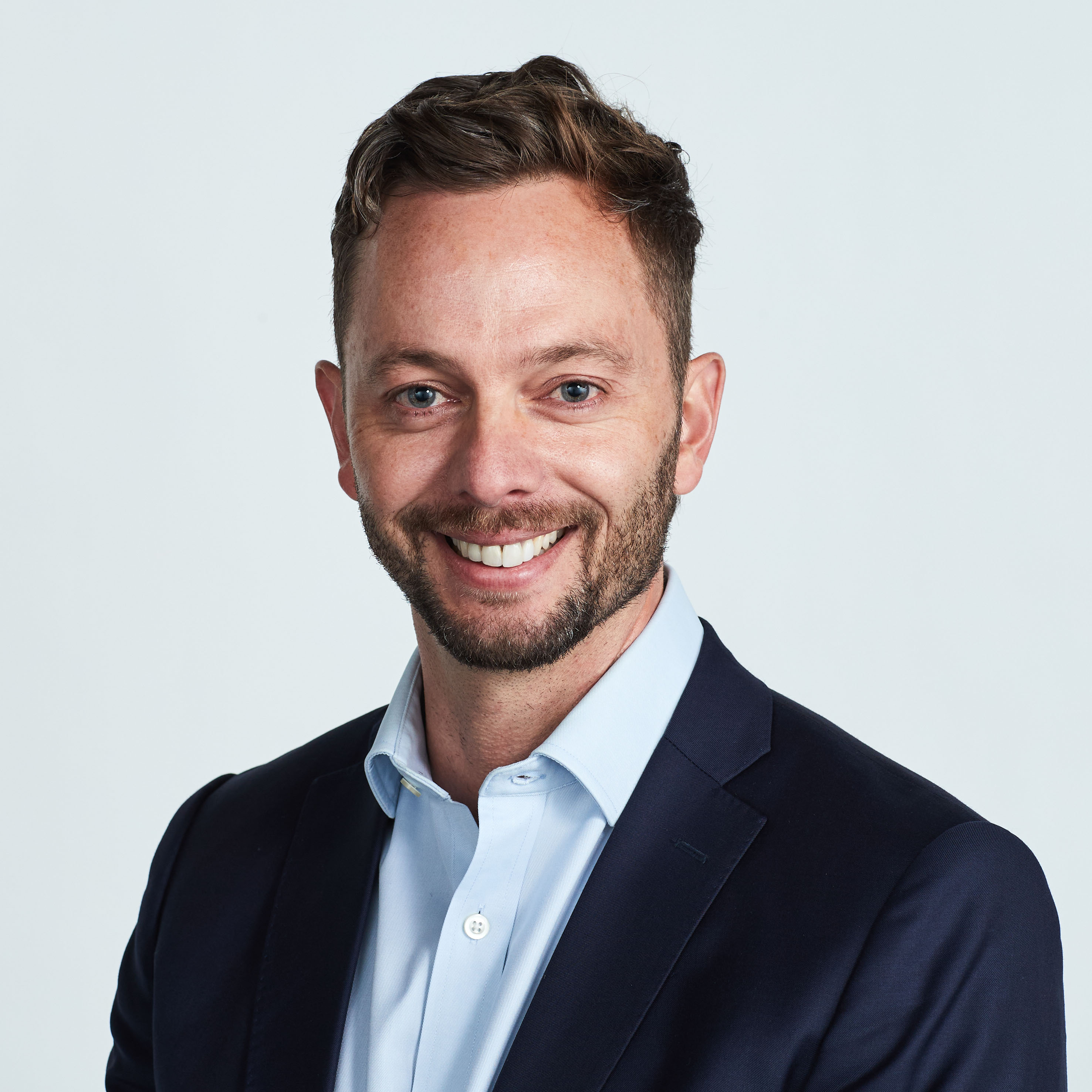
Adam Bayes
Dr Adam Bayes is a psychiatrist who works as a clinician-scientist with a focus on mood disorders including depression and bipolar conditions. His research interests include diagnosis, classification and novel treatments for severe depression including ketamine and psychedelics. Bayes holds a Bachelor of Medicine and Surgery (Hons), Bachelor of Advanced Science, Master of Psychiatry, and a PhD. He is a Fellow of the Royal Australian and New Zealand College of Psychiatrists, is a senior research fellow and VMO psychiatrist at the Black Dog Institute and the Discipline of Psychiatry and Mental Health at UNSW Sydney.
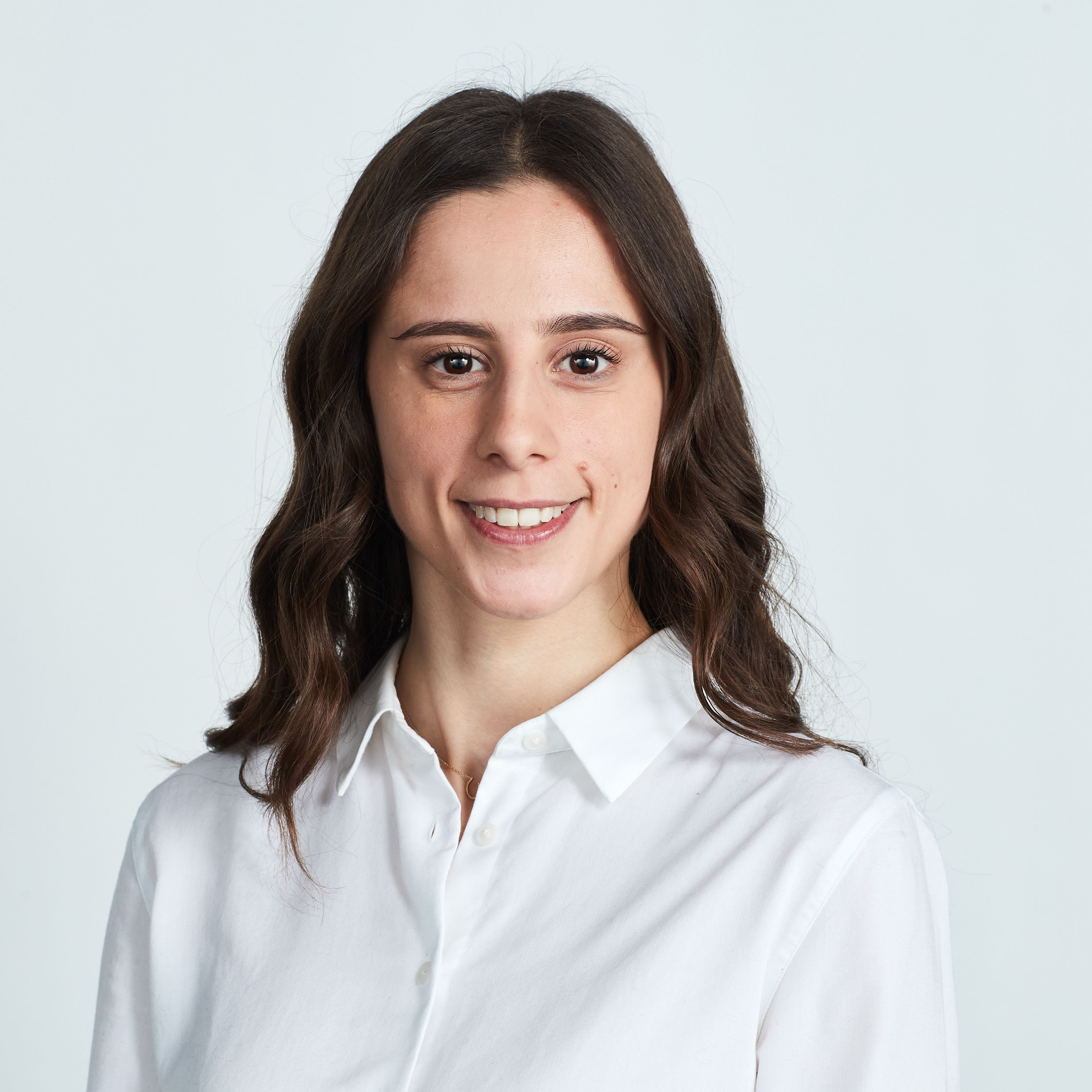
Bianca Briscas
Bianca Briscas is a PhD Candidate in the School of Biotechnology and Biomolecular Sciences, Faculty of Science at UNSW Sydney. She completed a Bachelor of Medical Science (Distinction) in 2020, and received First Class Honours in 2021. Her PhD research centres on the human microbiome, with a focus on exploring the complex interactions between bacteria and fungi, to inform novel approaches to managing infections caused by Candida albicans, an opportunistic fungal pathogen of humans.
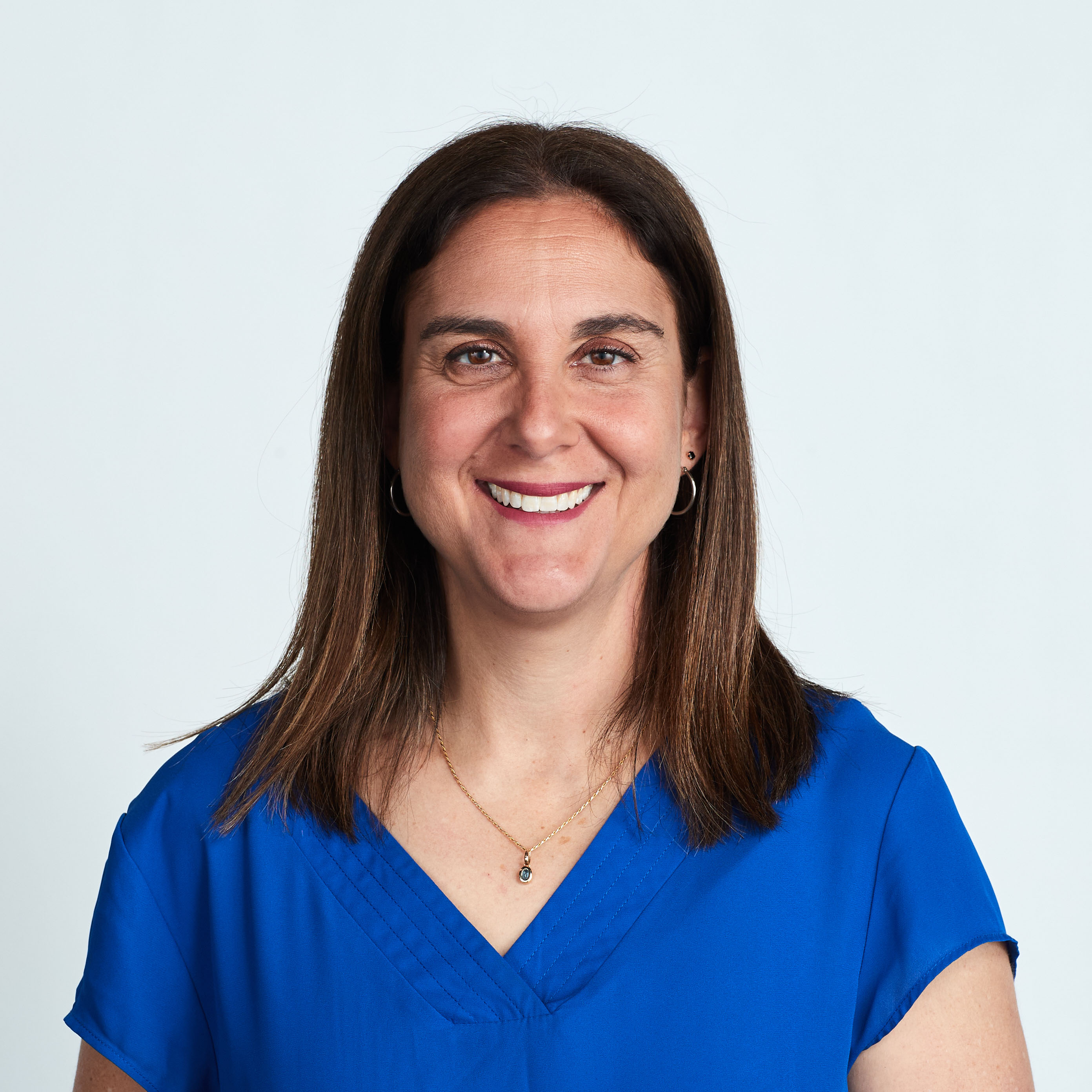
Jennifer Cohen
Dr Jennifer Cohen is a senior research fellow in the School of Clinical Medicine, Faculty of Medicine & Health at UNSW Sydney, and the Evaluation Manger at Canteen, Australia. Cohen has over 18 years experience as a clinical dietitian and researcher and her numerous professional publications focus on her research and clinical interests in the supportive care needs of children and young people with cancer, both during and after treatment. Dr Cohen was named the Australian Dietitian of the Year at the 2019 and Staff Member of the Year for the Sydney Children’s Hospitals Network in 2018.
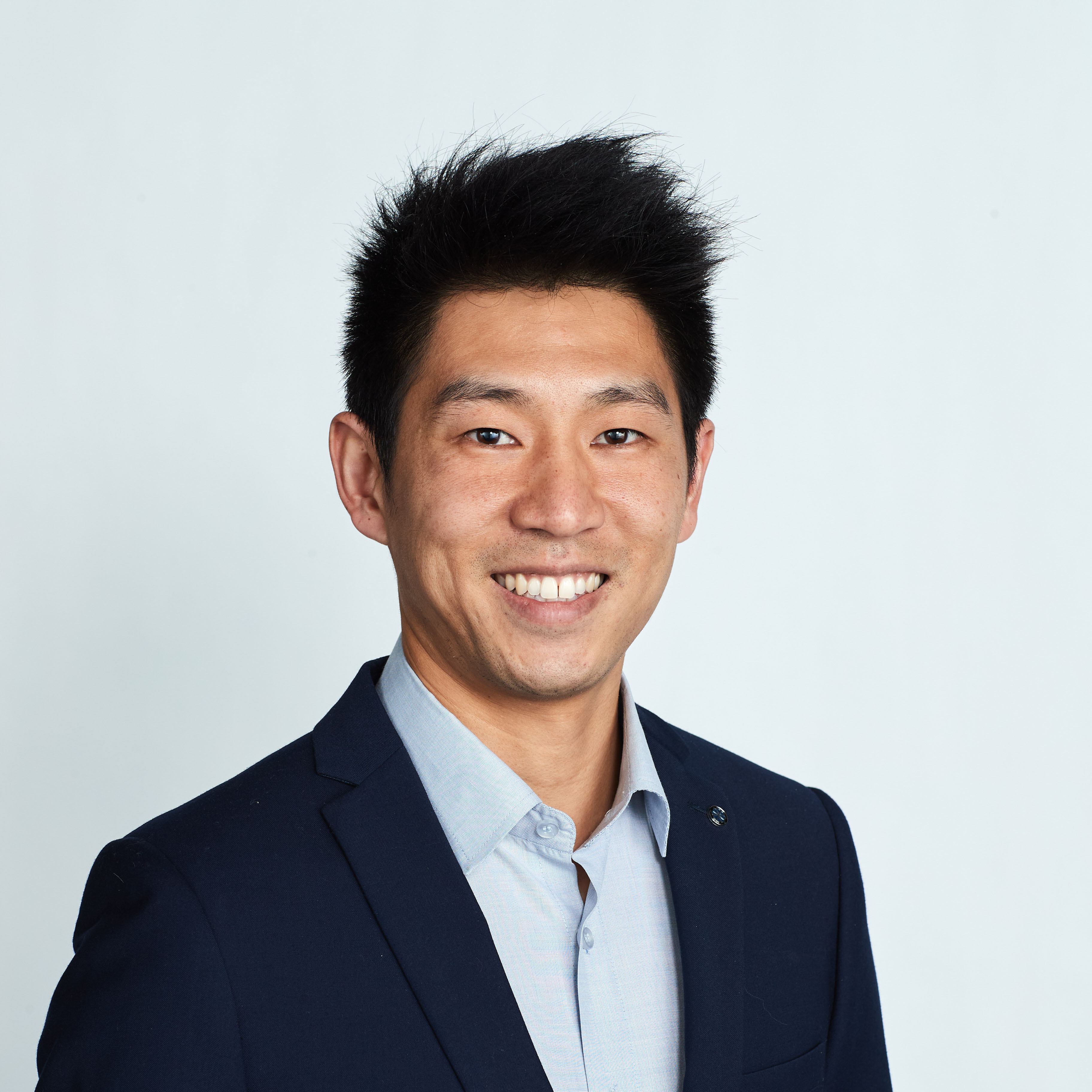
Patrick Tung
Dr Patrick Tung is a postdoctoral fellow at the Micro-CT Tyree Facility as part of the Mark Wainwright Analytical Centre at UNSW Sydney. Patrick completed his PhD in the School of Materials Science and Engineering in the Faculty of Engineering, focusing on the disordered atomic structures in piezoelectric materials using X-ray diffraction, and also won the UNSW Three Minute Thesis competition in 2016. His research has taken him to Czech Republic where he developed advanced neutron grain reconstruction methods as part of the commissioning of the European Spallation Source. Currently, his main research areas are in using X-rays to understand the relationship between the nano and micro-structure of materials and their resulting properties.
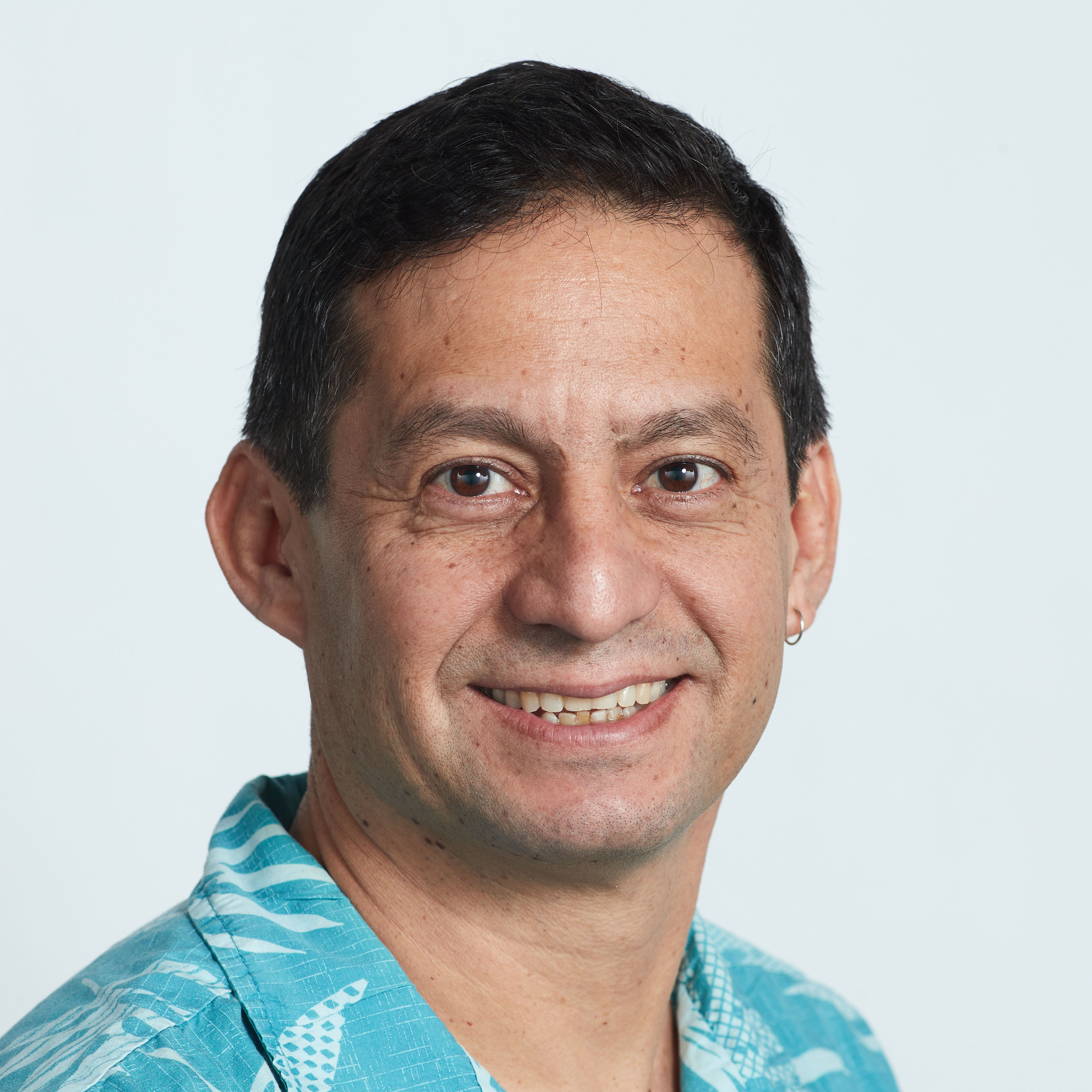
Ivan Perez Wurfl
Ivan Perez Wurfl is a senior lecturer and researcher in the School of Photovoltaic and Renewable Energy, Faculty of Engineering at UNSW Sydney. Ivan’s main areas of expertise are solar cell design, fabrication and characterisation. In particular, he has extensively studied and developed silicon quantum dot solar cells and multijunction SiGe/GaAsP tandem solar cells. Before moving to Australia he worked as a device scientist at Power Sicel Inc (now part of Microsemi Corporation), developing SiC High Power RF devices. He was a Fulbright fellow from at the University of Colorado where he obtained his PhD in Electrical Engineering. Ivan has authored 100+ journal articles and conference papers in the areas of solar cells and high power and high frequency solid state devices.
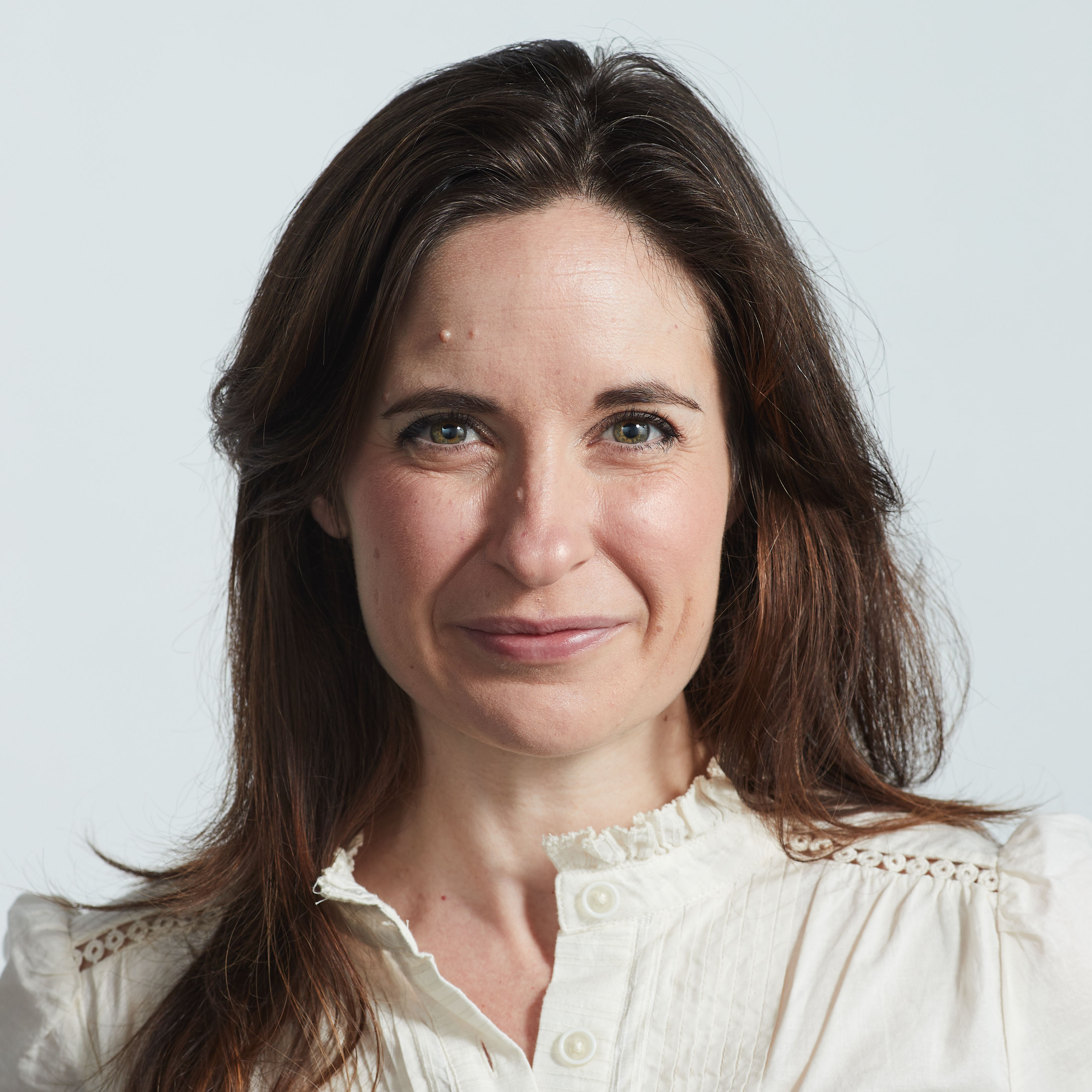
Bronwyn Graham (Host)
Bronwyn Graham is an Associate Professor in the School of Psychology, Faculty of Science at UNSW Sydney. Bronwyn combines her expertise as a behavioural neuroscientist and clinical psychologist to investigate the neurobiological underpinnings of anxiety disorders, with a particular focus on understanding why anxiety affects twice as many women as men. Bronwyn has held numerous fellowships, including an ARC DECRA, a UK-based MQ Foundation Fellowship, and an American Australian Association Neurological Fellowship. In 2020, she received the Aubrey Lewis Award from Biological Psychiatry Australia. Her findings have been disseminated to health professionals in publications like the Psychiatric Times and on the ABC’s Lateline.

